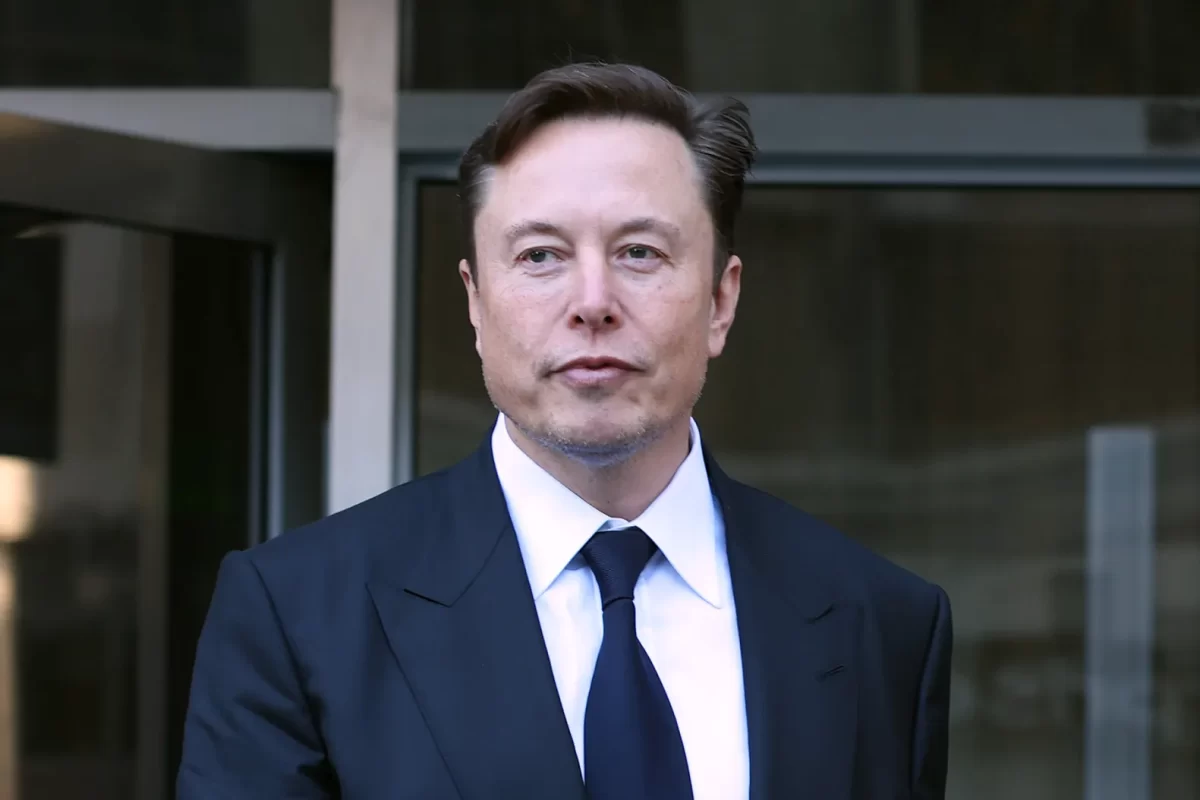Ever since Elon Musk dramatically took over Twitter and rebranded it to X, the company has been on a decline with no turnaround in sight. Upon acquisition, Musk immediately fired Twitter CEO Jack Dorsey and other top executives alongside the majority of employees. He continued to make modifications to the platform by abandoning its once iconic name and logo and dismantling the verification system. A year and a half later, as Musk continues to have aspirations for the future of X, the world watches as the platform plummets in popularity with a 30% decrease in the number of people actively “tweeting.”
Chief among numerous factors that led to the fall of X is the platform’s advertisements. Many large companies that once paid X millions of dollars to advertise on the platform have withdrawn and switched to other platforms such as TikTok and Facebook. For example, Netflix halted $3 million worth of advertisement from X, Airbnb ceased $1 million, and Uber pulled $800,000. Overall, advertising on X was down 60% in 2023, according to the New York Times.
There are many reasons for this decline in advertisement, including concerns with X’s content moderation and performance. A Walmart spokesperson told CNN, “We are not actively advertising on X. This is not about a specific change to our advertising policies. We’ve simply decreased spending over time to align with performance.”
Throughout 2023, advertising on X decreased steadily, but in November, Musk’s endorsement of an antisemitic comment on his platform led to a swifter decline in advertisement rates. Companies, such as IBM, that had originally committed to continuing advertisement on X for the rest of 2023 were forced to stop. IBM told the New York Times, “[we have] zero tolerance for hate speech and discrimination, and we have immediately suspended all advertising on X while we investigate this entirely unacceptable situation.”
Another major concern contributing to X’s decline is the issue of verification and the spread of misinformation. Previously, on Twitter, a blue checkmark next to a famous person or institution’s username was used to validate the user’s identity. However, one of Musk’s changes to X enabled people to purchase this blue checkmark for only $8 a month. Such access to the blue verification checkmark renders accounts on X less secure and fosters the spread of misinformation.
The downfall that X has seen since its rebranding from Twitter can be attributed to many of the changes Musk implemented. Insider Intelligence analyst Jasmine Enberg summed it up well when she told CBS News, “Musk hasn’t managed to make a single meaningful improvement to the platform and is no closer to his vision of an ‘everything app,’ than he was a year ago. Instead, X has driven away users and advertisers, and now it has lost its primary value proposition in the social media world: Being a central hub for news.”
The next steps for Elon Musk and X are unclear, but the world will be watching as it continues to plummet or makes a sudden pivot, whichever it may be.














